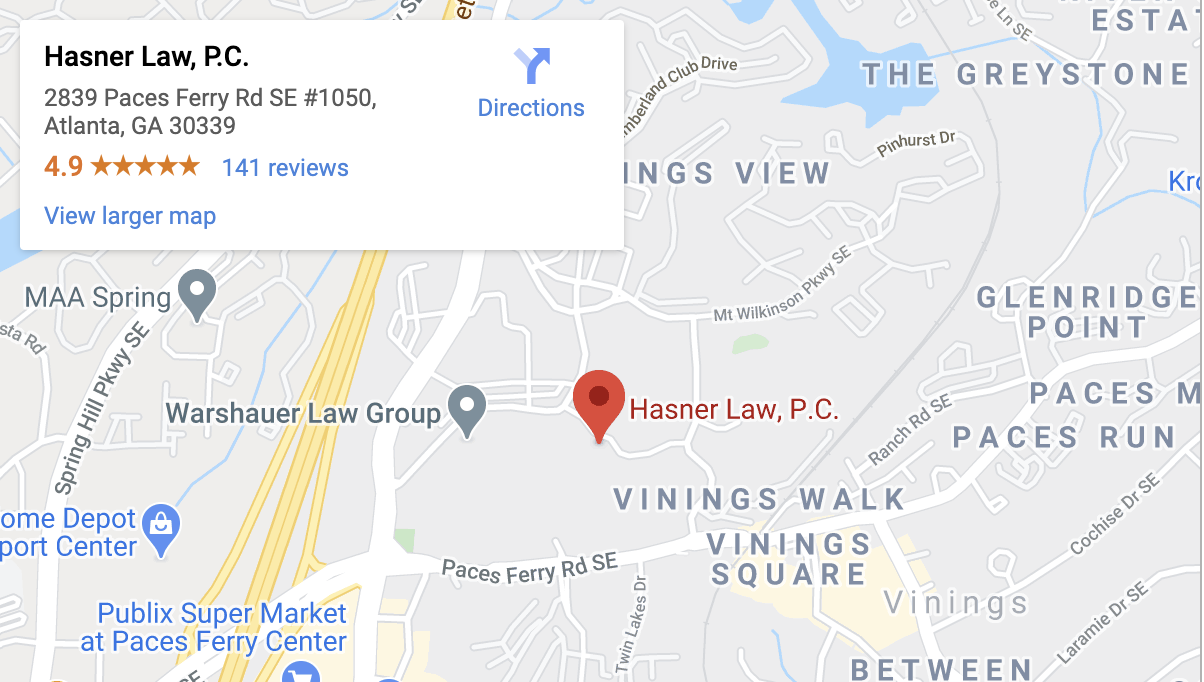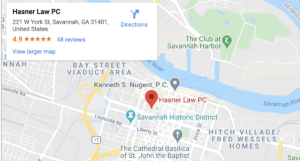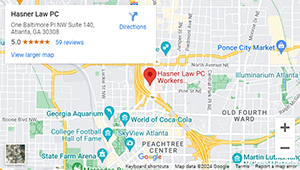Atlanta Lead Paint Poisoning Claim
NOTE: Our law firm does not handle these cases. This article is for informational purposes only. Information found in the article does not constitute as formal legal advice and does not create an attorney/client relationship.
How Common is Lead Paint Poisoning?
According to the CDC, approximately 29 million homes across the U.S. contain lead-based paint hazards. About 3.9 million of those homes have at least one child.
Studies show that as many as 500,000 children under the age of six have dangerous blood lead levels. Annually, lead-based cognitive impairments cost an estimated $50.9 billion in lost productivity in the U.S. each year.
In a single year, U.S. poison control centers received 2,241 calls about possible lead poisoning cases. About 1,558 Americans visit the emergency room because of lead paint poisoning each year.
Overview of Lead Paint Poisoning
Lead is a naturally occurring element. However, even a small amount of lead exposure can be toxic to humans. For years, lead was used as an element in paint in the United States. While the government banned consumer use of lead paint in 1978, lead paint remains a hidden danger in many Atlanta-area apartments and homes.
Humans ingest lead when chips and dust flake off from the paint. Unfortunately, there is no safe level of lead exposure for humans. Children are particularly at risk because they’re much more likely to put their hands in their mouths after touching lead particles.
The effects of lead paint exposure can be serious. The risk of health problems is especially high for young children, pregnant women, and older adults.
Young children are at risk of:
- Hearing problems
- Anemia
- Delayed growth
- Hyperactivity
- Lower IQ
- Learning and behavioral problems
- Brain damage
- Problems with the central nervous system
- Convulsions and seizures
Lead can also cause serious problems in pregnant women. Lead builds up in the body over time. Even years later, lead may be released from the bones during pregnancy. The lead is passed through the mother’s body to the fetus during pregnancy or to the baby during breastfeeding.
In pregnant women, fetuses, and infants, lead exposure can cause:
- Premature birth
- A baby that is born too small
- Injury to the baby’s brain, kidneys, and nervous system
- Learning and behavioral problems in the child
- An increased risk of miscarriage
In older adults, lead exposure can cause:
- Cardiovascular problems
- High blood pressure
- An increased risk of hypertension
- Decreased kidney function
- Reproductive problems in both women and men
- Problems with memory and concentration
Prolonged exposure to lead paint can even lead to wrongful death. If you or a loved one were harmed because of lead paint exposure, don’t hesitate to take legal action. Call our Atlanta lead paint poisoning attorneys at Hasner Law Injury & Workers’ Compensation Attorneys – or fill out our contact form – for a free case review and get the legal advice you deserve today.
How Do I Prove Liability if I Was Exposed to Lead Paint in Atlanta?
Establishing liability for lead paint poisoning can be a challenge. Landlords and home sellers are legally required to provide notice about the presence of lead paint to tenants and prospective home buyers. That notice should include the federal Disclosure and Information of Lead-Based Paint and/or Lead-Based Paint Hazards.
Before you enter a lease or contract for a home sale, you’re entitled to disclosure of:
- The location of the lead paint or lead-based hazards
- The condition of the painted surfaces
- Any records or reports about the lead-based paint or hazard that are available to the lessor or seller
The lessor or seller must include an attachment to the lease or sale contract that includes the standard lead warning statement and confirms that the landlord or seller has complied with all disclosure obligations. You’re also entitled to receive an EPA-approved warning pamphlet about lead-based hazards.
You might be entitled to seek compensation under Georgia premises liability laws if you were hurt because you didn’t receive an adequate warning about the possibility of lead contamination.






